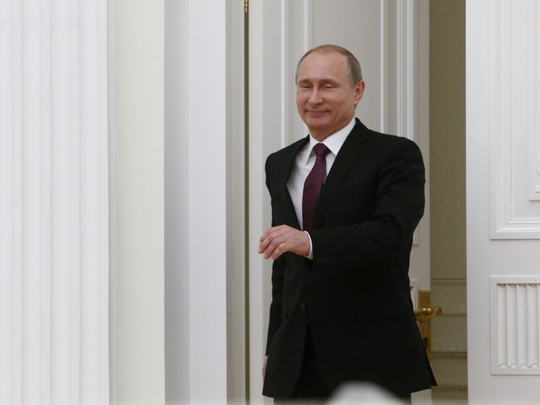
Moscow’s account of Nato expansion is a case of false memory syndrome
Russia’s grievances today rest on a narrative of past betrayals, slights and humiliations. It’s time for a reality check

Russia’s grievances today rest on a narrative of past betrayals, slights and humiliations. It’s time for a reality check
